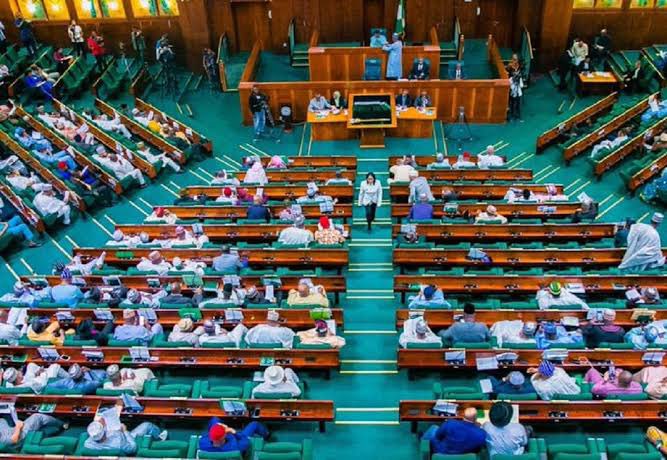In a recent session, members of the House of Representatives have rejected a proposed legislation introduced by Awaji-inombek Abiante (PDP, Rivers) that sought to mandate presidential candidates to obtain more than 50 percent of the votes for victory.
The legislation aimed to amend the 1999 constitution, eliminating the provision for a simple majority for both presidential and gubernatorial candidates. If passed, the bill would have required candidates to secure more than 50 percent of all votes cast to be declared the winners.
Despite the noble intentions behind the proposed legislation, members of the House of Representatives declined its adoption. The rejection suggests a divergence of opinions among lawmakers on the necessity of introducing a higher threshold for presidential and gubernatorial victories.
The decision not to alter the existing requirement for a simple majority may have implications for future elections, maintaining the current standard for determining winners in presidential and gubernatorial contests.
The proposal by Awaji-inombek Abiante aimed to address the electoral process’s dynamics and potentially enhance the legitimacy of elected leaders by ensuring a broader mandate.
The rejection of this legislation may spark continued debates within the House of Representatives and among the public, as stakeholders weigh the advantages and disadvantages of maintaining the current majority requirement in elections.
As the legislative landscape evolves, discussions around electoral reforms and constitutional amendments will likely remain at the forefront of political discourse.




